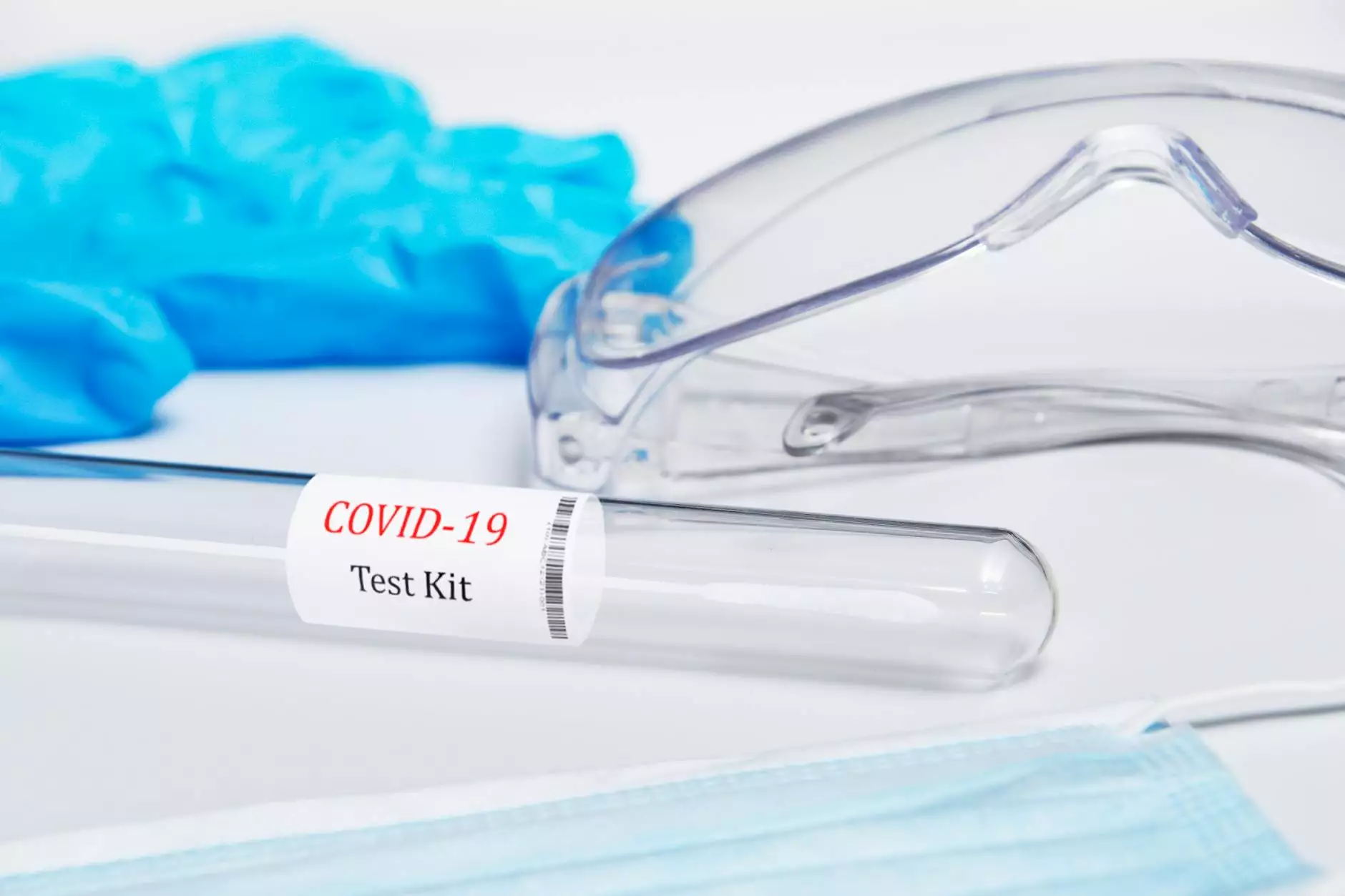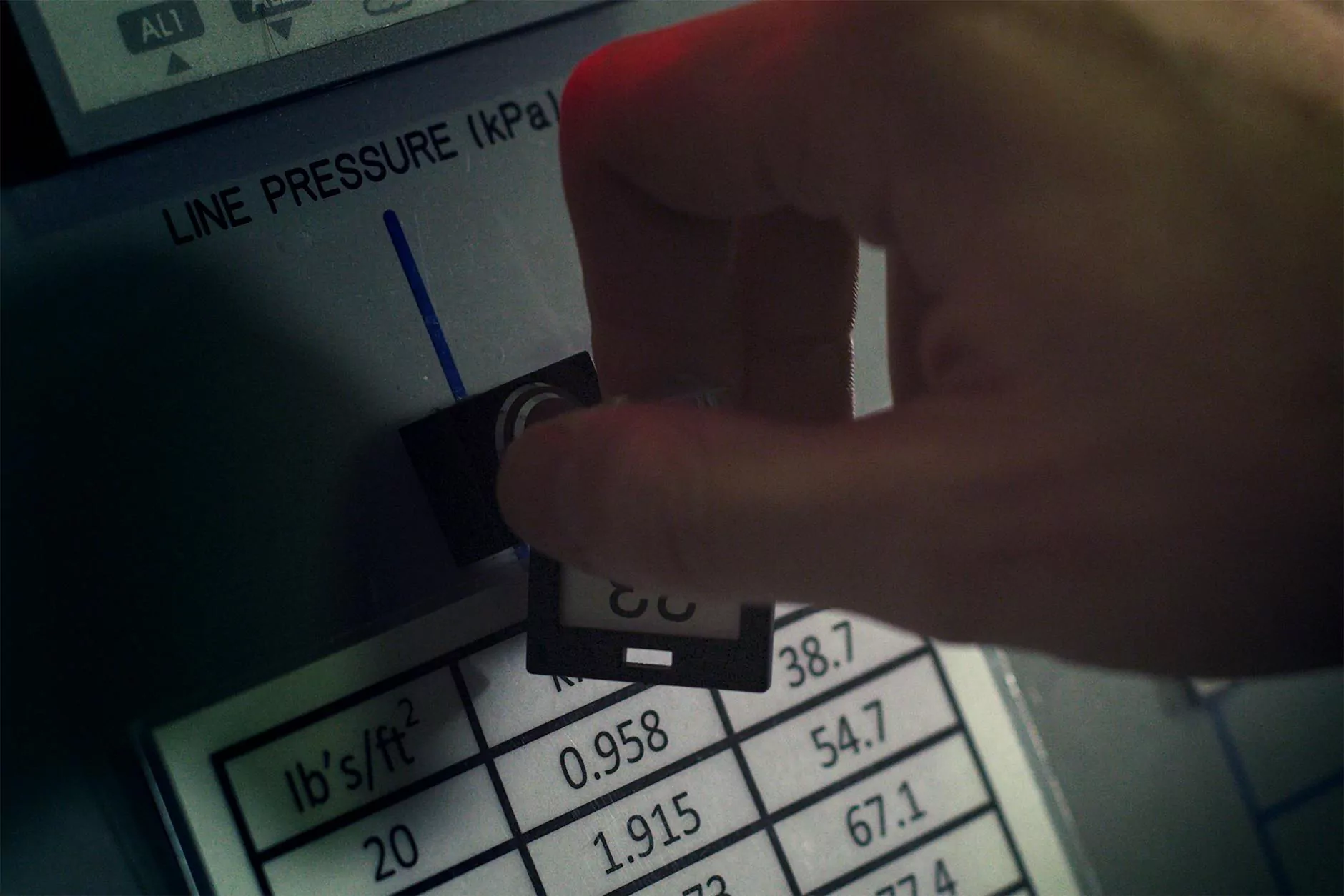Understanding Gastric Bypass Surgery: A Comprehensive Guide

What is Gastric Bypass Surgery?
Gastric bypass surgery is a type of weight-loss surgery that alters how your stomach and intestines process food. It is a popular choice for individuals struggling with obesity when diet and exercise have failed. This surgical procedure can effectively help patients achieve significant weight loss, improve health conditions related to obesity, and enhance overall quality of life.
Types of Gastric Bypass Surgical Procedures
There are several types of gastric bypass procedures. The most common include:
- Roux-en-Y Gastric Bypass (RYGB): This is the most common gastric bypass procedure. It involves creating a small pouch from the stomach and connecting it directly to the small intestine, bypassing a portion of the stomach and intestines.
- Mini Gastric Bypass: A simpler procedure than RYGB, it creates a smaller stomach pouch and connects the intestine to the new pouch, leading to significant weight loss.
- Duodenal Switch: This involves a sleeve gastrectomy along with intestinal bypass, providing greater weight loss but often requiring careful nutritional management.
The Benefits of Gastric Bypass Surgery
One of the primary goals of gastric bypass surgery is to help patients lose weight. However, the benefits extend far beyond just shedding pounds. Some of the significant advantages include:
- Weight Loss: Most patients can expect to lose 50-70% of their excess weight within 1-2 years post-surgery.
- Improved Health Conditions: Surgery can lead to remission or improvement in obesity-related conditions such as type 2 diabetes, heart disease, sleep apnea, and high blood pressure.
- Enhanced Quality of Life: Many patients report improved mental health, increased mobility, and a boost in self-esteem following significant weight loss.
- Long-Term Results: With a commitment to lifestyle changes, patients can maintain weight loss for many years following surgery.
Who is a Suitable Candidate for Gastric Bypass Surgery?
The ideal candidate for gastric bypass surgery is usually someone who:
- Has a body mass index (BMI) of 40 or higher.
- Has a BMI of 35 or higher with obesity-related health issues.
- Is committed to making significant lifestyle changes.
- Has not achieved lasting weight loss through diet and exercise alone.
The Gastric Bypass Surgery Process: What to Expect
Understanding the process of gastric bypass surgery can help alleviate anxiety and set realistic expectations. The process typically involves three stages:
1. Pre-Surgery Preparation
Before surgery, you will undergo a thorough evaluation, including physical exams, blood tests, nutritional assessments, and consultations with a psychologist. Preparing your body for surgery is crucial, and this may include:
- Making dietary changes to reduce liver size.
- Participating in a pre-operative weight loss program.
- Quitting smoking and avoiding certain medications.
2. The Surgery Itself
Gastric bypass surgery usually takes about 2-4 hours and can be performed using traditional open surgery or minimally invasive laparoscopic techniques. The surgeon will:
- Create a small stomach pouch.
- Re-route the small intestine to connect to the newly formed pouch.
- Carefully monitor for complications during the procedure.
3. Post-Surgery Recovery
After surgery, the recovery period typically involves:
- Staying in the hospital for 1-3 days.
- Transitioning from a liquid diet to soft foods, and eventually to regular foods over several weeks.
- Attending follow-up appointments for health monitoring.
Potential Risks and Complications
As with any surgical procedure, gastric bypass surgery carries potential risks. It's essential to be aware of these risks, which can include:
- Infection.
- Bleeding.
- Blood clots.
- Nutritional deficiencies (iron, vitamin B12, calcium).
- Dumping syndrome (rapid gastric emptying).
Long-Term Commitment: What to Expect After Gastric Bypass Surgery
Success after gastric bypass surgery requires ongoing commitment to a healthier lifestyle, including:
- A balanced diet that prioritizes high-protein, low-sugar foods.
- Regular exercise to maintain weight loss and improve health.
- Regular follow-ups with healthcare providers to monitor health and address any nutritional deficiencies.
The Role of Support Systems in Success
A supportive network plays a critical role in the success of your weight-loss journey. Consider engaging with:
- Support groups specifically for gastric bypass patients.
- Family and friends who can encourage and motivate you.
- Healthcare providers who can offer guidance and advice throughout your transition.
Conclusion: Transforming Lives through Gastric Bypass Surgery
In conclusion, gastric bypass surgery can be a life-changing procedure for many individuals struggling with obesity. While it is not a quick fix, the long-term benefits can be transformative. Patients must commit to lifestyle changes and follow their healthcare providers' recommendations to achieve lasting success. If you are considering this journey, consult with a team of health professionals who can guide you through every step, from surgery to a healthier lifestyle. Remember, the journey of a thousand miles begins with a single step, and your journey toward health can begin today.
Contact Us for More Information
If you are interested in learning more about gastric bypass surgery, contact our team at thewellcome.com. We are here to support you in your journey toward better health and well-being.



